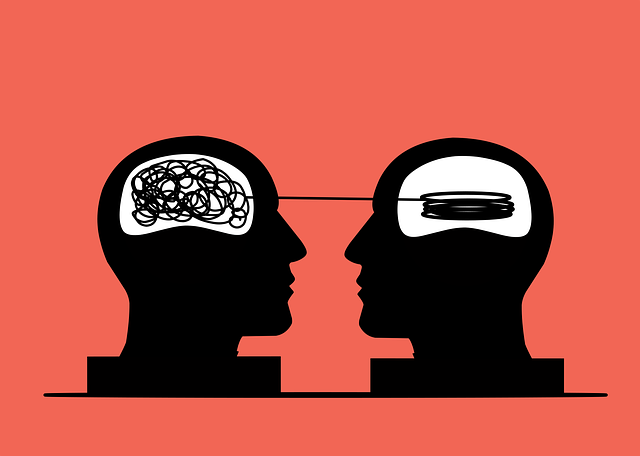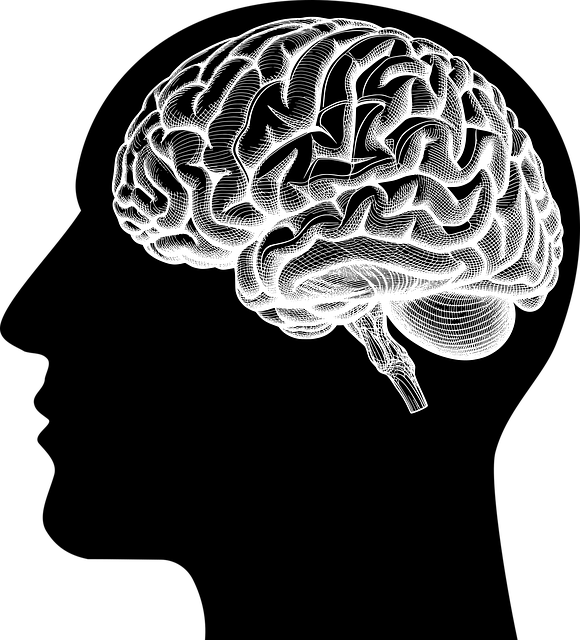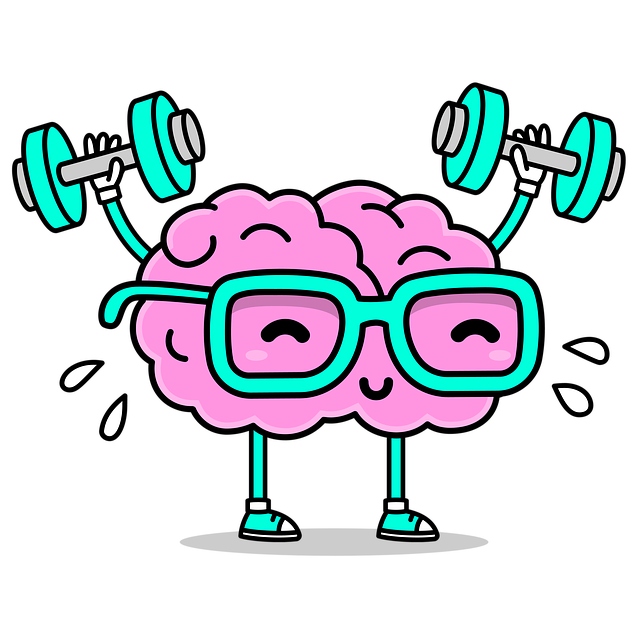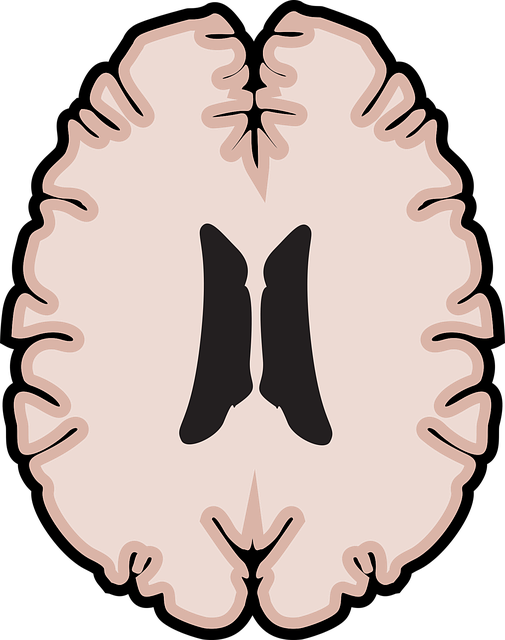Mental health crisis hotlines are 24/7 resources offering immediate support and guidance during emotional distress, especially crucial for adults with eating disorders. Trained professionals provide confidential therapy, coping strategies, and navigation assistance, empowering individuals to seek help and fostering resilience. These hotlines connect users to specialized therapists, mental wellness coaching, and networks of services, promoting holistic recovery for anorexia, bulimia, and binge eating disorder. With a focus on confidentiality and anonymity, hotlines act as game-changers in crisis management, enhancing long-term mental health outcomes through immediate relief and tailored support.
Mental health crisis hotline support services play a vital role in reaching those in distress, offering immediate assistance and guiding individuals towards recovery. This article explores the multifaceted impact of these hotlines, with a specific focus on eating disorders. We delve into how they facilitate access to therapy for adults struggling with eating disorders, while ensuring confidentiality and anonymity. Additionally, we examine the resources and training available for hotline operators, highlighting their crucial role in fostering healing.
- Understanding Mental Health Crisis Hotlines
- The Role of Hotlines in Eating Disorders Support
- Accessing Therapy for Adult Eating Disorders via Hotlines
- Confidentiality and Anonymity: Assuring Safety on Hotlines
- Resources and Training for Hotline Operators
Understanding Mental Health Crisis Hotlines

Mental health crisis hotlines are vital support services designed to provide immediate assistance during emotional distress or mental health emergencies. These hotlines offer a confidential and non-judgmental space for individuals to connect with trained professionals who can offer guidance, therapy for adults with eating disorders, and strategies to manage intense emotions. They serve as a crucial resource, especially when access to traditional therapy services may be limited or during times of crisis.
Understanding the importance of emotional intelligence, self-care routine development for better mental health, and resilience building, these hotlines equip individuals with the tools to navigate challenging situations. The professionals behind these services are trained to assess the caller’s needs, provide coping mechanisms, and offer a listening ear, ensuring that users feel supported and empowered. By offering immediate relief and guidance, crisis hotlines play a significant role in promoting mental well-being and helping people find their footing during turbulent times.
The Role of Hotlines in Eating Disorders Support

Hotlines play a crucial role in providing immediate support for individuals struggling with eating disorders. These 24/7 services offer a confidential and accessible space where people can reach out for help at any time, especially during moments of crisis. When someone is experiencing an eating disorder, prompt intervention can be life-saving. Hotline counselors are trained to listen empathetically and provide guidance tailored to the individual’s needs. They offer not only crisis management but also resources and information about available treatments, including therapy for adults with eating disorders.
Beyond immediate support, hotlines often connect individuals to a network of services, including mental wellness coaching programs that focus on developing healthy coping mechanisms and conflict resolution techniques. By fostering positive thinking and self-care practices, these programs contribute to the overall mental health and recovery journey. Hotlines empower individuals to take that first step towards seeking help and offer ongoing support throughout their path to recovery.
Accessing Therapy for Adult Eating Disorders via Hotlines

Many individuals struggling with adult eating disorders often find themselves in a mental health crisis, which can make accessing appropriate care challenging. Hotline support services play a crucial role in providing immediate assistance and guiding people toward available resources. These hotlines offer a confidential space where individuals can share their experiences and concerns, enabling them to gain access to specialized therapists who understand the complexities of eating disorders.
Through these hotlines, adults dealing with anorexia, bulimia, or binge eating disorder can begin their journey towards emotional healing processes and coping skills development. Therapists equipped to handle such cases often employ self-awareness exercises tailored to address the unique psychological aspects associated with eating disorders. This initial support is vital, as it not only ensures individuals receive prompt assistance during a crisis but also paves the way for long-term therapy, offering a potential game-changer in their recovery process.
Confidentiality and Anonymity: Assuring Safety on Hotlines

When contacting a mental health crisis hotline, one of the most significant concerns for individuals seeking support is confidentiality and anonymity. These services are designed to provide a safe space where people can openly discuss their struggles without fear of judgment or repercussions. The guarantee of privacy ensures that individuals feel empowered to share their experiences honestly, which is crucial for effective therapy. Hotlines often employ advanced security measures and trained professionals to safeguard personal information, ensuring that conversations remain confidential.
This sense of security is particularly vital for those dealing with sensitive issues like eating disorders. Many adult hotline services offer specialized support for these conditions, providing a non-judgmental environment where individuals can receive crisis intervention guidance and explore options for therapy. The anonymity also encourages users to develop resilience through open dialogue, helping them navigate their mental wellness challenges with enhanced coping strategies.
Resources and Training for Hotline Operators

Hotline operators play a vital role in providing immediate support and guidance to individuals in mental health crises. To effectively fulfill this role, they require access to comprehensive resources and specialized training. Many hotlines now offer training programs tailored to equip operators with the skills needed to handle diverse situations, including those related to eating disorders and stress reduction methods.
These programs often cover techniques for active listening, crisis intervention, and emotional support. Additionally, they promote self-care routine development for better mental health and foster inner strength development among operators, enabling them to provide more effective assistance. With the right training, hotline operators can not only offer immediate relief but also guide individuals towards long-term therapy for adults with eating disorders and other mental health concerns.
Mental health crisis hotline support services play a vital role in providing immediate assistance and guiding individuals toward long-term recovery, particularly for those struggling with eating disorders. By offering confidential and anonymous spaces, these hotlines foster trust and encourage vulnerable folks to seek help without hesitation. With trained operators equipped with resources like therapy for adults with eating disorders, hotspots serve as crucial catalysts in navigating the complex landscape of mental health crises. Understanding their importance, expanding access, and continuing to train professionals are essential steps towards a more inclusive and supportive society.














